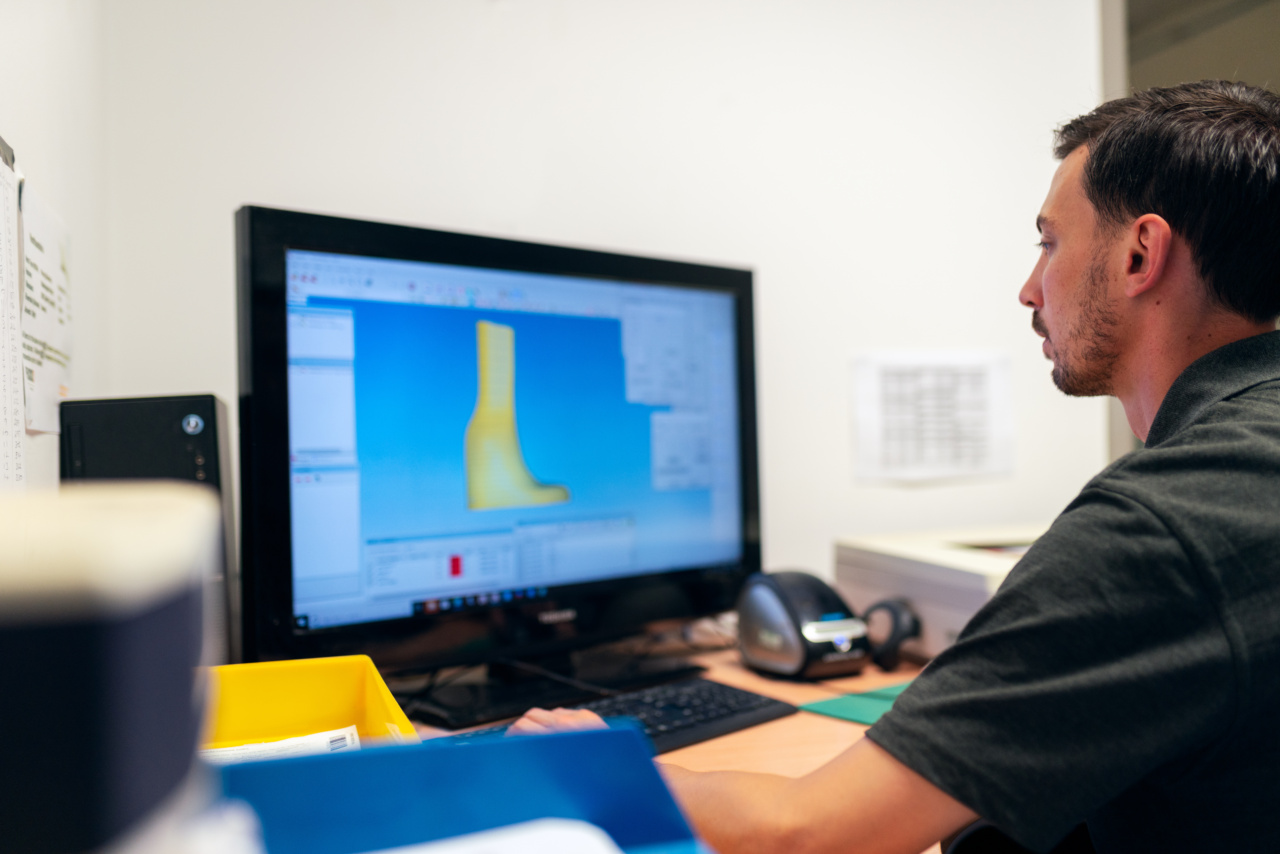Many people spend a significant portion of their day in an office. Whether you work in a corporate setting or a small startup, your work environment can have a significant impact on your productivity and overall well-being.
One particular aspect that often goes unnoticed is the presence or absence of windows in your office space. A windowless office can have detrimental effects on your mood, health, and ultimately, productivity.
In this article, we will explore the various reasons why a windowless office can make you less productive and discuss potential solutions to overcome these challenges.
The importance of natural light
Natural light plays a vital role in our well-being. Exposure to sunlight has been linked to the production of serotonin, a neurotransmitter that helps regulate mood, sleep patterns, and overall happiness.
Additionally, sunlight is a source of vitamin D, which is essential for bone health and immune system function. When we spend extended periods in a windowless office, we deprive ourselves of these crucial benefits, leading to potential negative consequences.
The impact on mood and mental health
Working in a windowless office can impact your mood and mental health in several ways. Without access to natural light, you may experience feelings of gloominess, low energy, and even depression.
Sunlight has a stimulating effect on the brain, promoting alertness, focus, and positive thoughts. When you are deprived of this stimulus, your mood may suffer, leading to decreased motivation and productivity.
In addition, a windowless office can disrupt your circadian rhythm, which is your body’s internal clock that regulates sleep-wake cycles.
Your circadian rhythm relies on exposure to natural light to signal when it is time to be awake and when it is time to wind down. Without this natural cue, your sleep patterns may be disrupted, leading to difficulties falling asleep or staying asleep.
Sleep deprivation, in turn, can have detrimental effects on cognitive function, memory, and decision-making abilities, all of which are crucial for productivity in the workplace.
The drawbacks of artificial lighting
While artificial lighting is a necessity in indoor environments, it does not fully replicate the benefits of natural light. Most office spaces are illuminated by fluorescent lights, which can be harsh and produce an artificial blue light.
Prolonged exposure to this type of lighting can lead to eye strain, headaches, and fatigue. Additionally, artificial lighting lacks the variability and intensity of natural light, which can negatively impact our overall well-being.
Lack of connection to the outside world
A windowless office can make you feel disconnected from the outside world. Without a view of the outdoors, you lose the ability to see and experience the changing weather, the passing of time, and the beauty of nature.
This lack of connection can contribute to a sense of isolation and increase feelings of monotony and boredom, leading to decreased motivation and creativity.
The productivity benefits of natural views
Studies have shown that exposure to natural views, such as greenery, parks, and bodies of water, can have a positive impact on productivity.
Research conducted by the University of Oregon found that employees who had a view of nature from their office reported higher job satisfaction and performed better on cognitive tasks compared to those without a view. Natural views provide a form of visual stimulation that can boost mood, attention, and creativity, ultimately enhancing overall productivity.
Potential solutions for a windowless office
While completely transforming your windowless office into a space filled with natural light may not always be feasible, there are several steps you can take to mitigate the negative effects:.
1. Optimize artificial lighting:
Invest in high-quality light fixtures that mimic natural light as closely as possible. Consider using bulbs with a warmer tone, which can be less harsh on the eyes.
Additionally, ensure that your workspace is adequately illuminated, reducing the strain on your eyes and promoting a more comfortable environment.
2. Create an appealing workspace:
Add elements of nature to your office to compensate for the lack of natural views. Incorporate plants, artwork depicting nature scenes, or even a small tabletop fountain.
These additions can help create a sense of connection to the outdoors and enhance the aesthetic appeal of your workspace.
3. Take regular breaks:
Make it a priority to take breaks throughout the day and step outside if possible. Even a short walk around the building or some time spent in a nearby park can do wonders for your mood, energy levels, and overall well-being.
Use these breaks to expose yourself to natural light and let your mind recharge before returning to your windowless office.
4. Incorporate natural light during off-hours:
If your work schedule allows, try to spend time in natural light before or after work. Start your day with a walk outside, or plan activities after work that involve being outdoors.
This way, you can ensure that you are getting adequate exposure to sunlight, even if your office lacks windows.
5. Opt for relocation:
If the option is available, consider relocating your workspace to an area with windows. Talk to your supervisor or facility manager about the possibility of changing offices or rearranging the layout to maximize natural light exposure.
Even a smaller window or shared workspace can make a significant difference in your overall well-being and productivity.
Conclusion
While a windowless office may be an unfortunate reality for many individuals, it is essential to recognize its potential impact on productivity and well-being.
By understanding the importance of natural light and taking proactive measures to compensate for the lack of windows, you can create a more productive and enjoyable workspace. Remember to optimize artificial lighting, incorporate elements of nature, take regular breaks, and seek out natural light whenever possible.
By prioritizing your well-being in a windowless office, you can mitigate the negative effects and thrive in your work environment.































